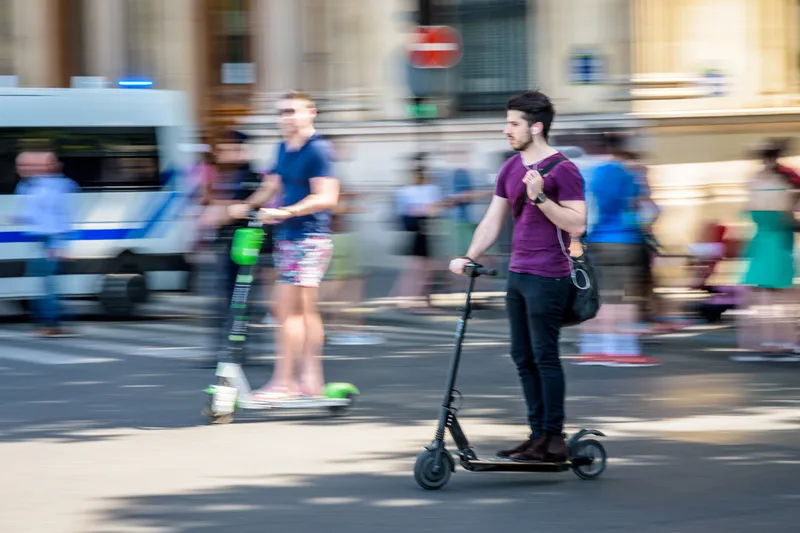
Speaking at Move2020, Caroline Hazlehurst, senior director of EMEA operations, says: “The journey takes much longer than it should with the average time for a trip around 25 minutes. Alternatives like electric scooters could do that same distance in roughly 10 minutes or less.”
“If you give people a true alternative to the car they will use it, and adoption has been unprecedented,” she added.
Hazlehurst said the company is aiming to take cars off the road, reduce congestion and emissions while also making cities more liveable.
“In the US, over a thousand million metric tonnes of CO2 is produced from car travel and we want to replace as many of those trips as possible with emissions-free transportation,” she continued. “If we were to do that by 10%, that would be the same as taking about 28 coal-fired power plants offline for a year.”
Hazlehurst claimed the firm’s Bird 2 scooter has a 60% longer battery-life than the previous generation.
“The vehicle self-reports damage through sensors which flag potential issues, a dual anti-tipping kick stand to help keep the vehicle upright and puncture-proof tyres which self-seal,” she added.








